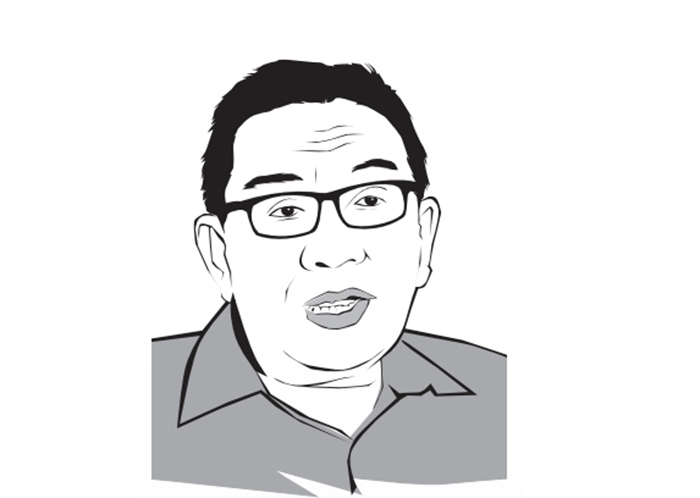The largest ethnic group in Indonesia is Javanese, but Javanese is not used as the national language. Ethnic diversity no longer poses a serious problem. Interracial marriage has been going on for a long time. But religion remains a complex issue, due to its exclusive nature. No one follows two religions.
Each religion claims that its teachings are the only path to truth. Harmony can only be realized and maintained if devotees of the different religions value and respect one another.
On June 1, 1945 Sukarno gave a speech on the “pillars” of the state. He proposed five principles relating to nationalism, humanism, democracy, economics and divinity. Bung Karno’s idea was greeted with rapturous applause by members of the Investigating Committee for the Preparation of the Independence of Indonesia (BPUPKI).
However, when formulating the preamble to the 1945 Constitution, Committee 9, which replaced Committee 8 on June 22, 1945, added the phrase “with the obligation for adherents of Islam to carry out Islamic law.” This concept is known as the Jakarta Charter.

However, this discourse was resisted by representatives from Eastern Indonesia. Hatta then negotiated with several Islamic figures who finally agreed to remove this phrase by replacing it with “Belief in the one and only God.” The constitution was passed on August 18, 1945.
In the following period, June 1, June 22 and August 18 were contested as the birthday of Pancasila.
Although the independence was proclaimed on August 17, 1945, the transfer of sovereignty from the Netherlands only took place at the end of 1949. A general election to elect members of the House of Representatives took place in 1955, followed by the election of members of the Konstituante (Constitutional Assembly) tasked with drafting the Constitution.
There was a very sharp debate in choosing the state ideology, whether to be based on Islamic law or Pancasila. The Islamic parties chose Islam, while Pancasila was supported by the nationalist and communist parties.
Neither side succeeded in garnering two thirds of votes from the Konstituante members. Because the ideological “battle” became protracted, Sukarno issued a Presidential Decree on July 5, 1959 which stipulated the return to the 1945 Constitution.
During the New Order era, the Supervisory Body for the Implementation of the Guide to Realization and Implementation of Pancasila (BP7) was set up to propagate the values of Pancasila. This body organizes the “Education, Internalization and Implementation of Pancasila (P4) seminar for state apparatus and students.

